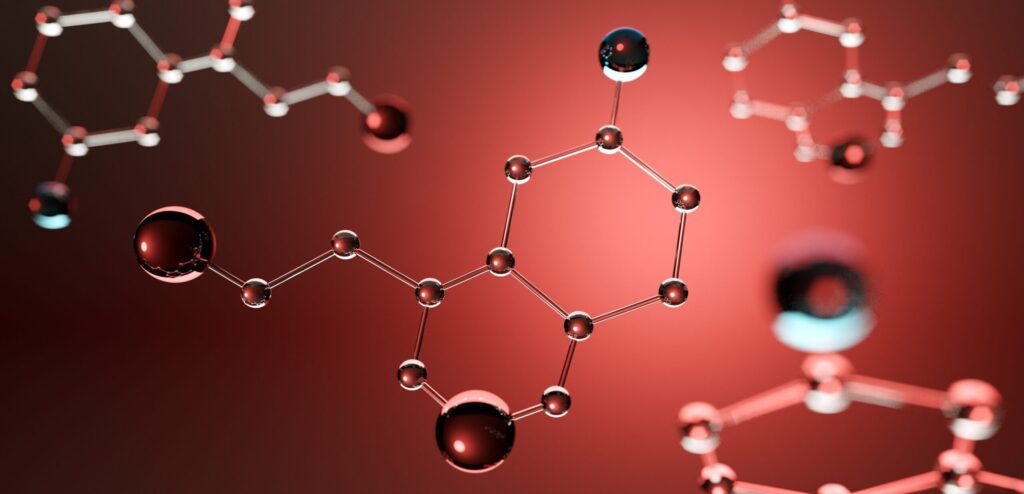As scientific research continues to advance, new theories and findings are constantly being discovered about the inner workings of the human body. One such theory is the role of nicotinamide adenine dinucleotide (NAD+) in redox signaling and oxidative stress management. In this article, we dissect what NAD+ is, how it affects redox signaling, and why it’s essential for managing oxidative stress. Keep reading to learn more.
Understanding NAD+ and Its Functions

NAD+ is a coenzyme found in all living cells. This crucial molecule is involved in a variety of cellular processes, such as energy metabolism, cell signaling, and maintaining healthy cell function. NAD+ plays a vital role in the energy metabolism of the electron transport chain, where it facilitates the transfer of electrons from fuel molecules to create ATP—the energy currency of the cell.
Furthermore, NAD+ is involved in cellular signaling pathways, particularly those related to stress response and DNA repair. The molecule acts as a messenger, helping relay signals from outside the cell to its genetic machinery and triggering appropriate responses. In this capacity, NAD+ also regulates cellular processes, ensuring that cells function smoothly and efficiently at all times.
Recent research has also linked NAD+ to longevity and healthy aging, as the molecule is known to interact with sirtuins. Sirtuins are a class of proteins associated with DNA stability, repair, and gene regulation. By aiding in these processes, NAD+ helps promote healthy aging and may potentially delay the onset of age-related diseases, making it a molecule of immense interest in the scientific community.
Redox Signaling: The Communication Network of the Cell
Redox signaling is a complex process that involves the transfer of electrons between molecules. This form of communication occurs between different cellular components, ensuring proper coordination and functioning of cellular processes. NAD+ plays a significant part in redox signaling as it acts as an electron donor and an electron acceptor, enabling the exchange of electrons between various molecules and promoting proper signaling.
One of the critical functions of redox signaling is maintaining cellular balance and responding to changes in the intracellular environment. This is particularly important when it comes to oxidative stress, which arises due to an excessive production of reactive oxygen species (ROS), which can damage cellular structures, including DNA, proteins, and lipids. Here, NAD+ plays a vital role in regulating redox signaling, ensuring cells can respond efficiently to oxidative stress and maintain their normal function.
Oxidative Stress Management and the Importance of NAD+
As mentioned earlier, oxidative stress results from an imbalance between the production of ROS and the ability of the body’s antioxidant defenses to neutralize them. An excess of ROS can result in damage to cellular structures, leading to a decline in organ function, inflammation, and various diseases.
NAD+ is a vital element in managing oxidative stress as it participates in detoxification and antioxidant defense pathways within the cells. This includes facilitating the production of enzymes and molecules that protect cells from ROS damage, such as glutathione and superoxide dismutase. In addition, NAD+’s role in redox signaling also allows it to regulate the cellular response to oxidative stress, ensuring that balance is maintained and damage is mitigated.
Keeping NAD+ Levels Optimal for Good Health

Maintaining optimal NAD+ levels is essential to ensure the smooth functioning of cellular processes, including redox signaling and oxidative stress management. As we age, NAD+ levels tend to decline, reducing our capacity to manage oxidative stress and other age-related conditions.
Focusing on a healthy lifestyle, including proper nutrition, exercise, and stress reduction, may help maintain NAD+ levels and promote overall health. Additionally, supplements like nicotinamide riboside and nicotinamide mononucleotide are known to boost NAD+ levels in the body and may likewise support better aging and healthier cellular function. However, it’s important to always consult your healthcare provider before taking any supplements.
NAD+ plays a significant role in redox signaling and oxidative stress management, and maintaining optimal levels is essential for promoting cellular health and longevity. By understanding the various functions of NAD+ in the body, we can better appreciate the importance of this molecule.





